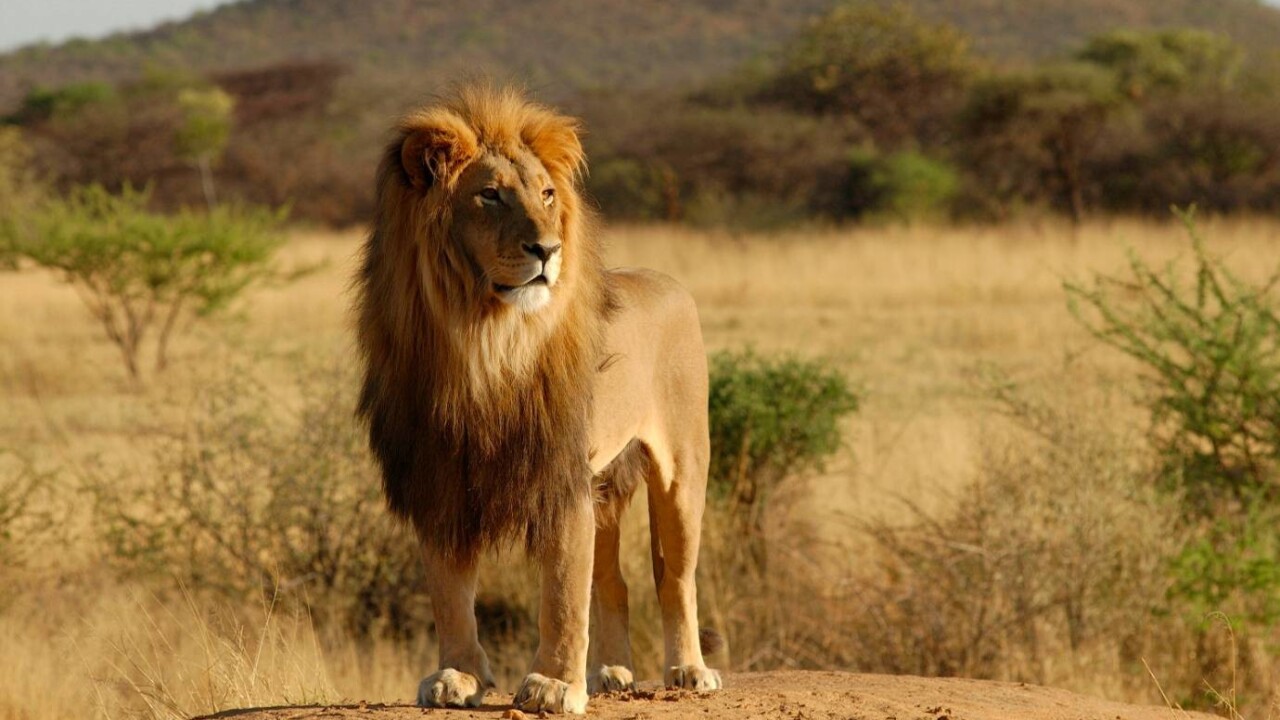
Today, at The Next Web Conference in Amsterdam, mobile and media trends expert Rudy de Waele left the crowd literally speechless. His 20-minute presentation provided us with a glimpse of the future and real hope of a connected, safer and better world that lies ahead.
His latest project “Mobile Trends Africa 2020” a mobile trends project he launched last year, which collected the opinions of 50 visionaries in the mobile industry. Significantly narrowing his focus, and likely heightening his impact, Mobile Trends Africa brings together the predictions of 30+ industry professionals and local entrepreneurs in Africa. The project is co-curated by Ken Banks, the founder of Kiwanja, an 8-year old organization that empowers local, national and international non-profits to make better use of information and communications technology and Erik Herdsman, the co-founder of Ushahidi, iHub Nairobi and AfriGadget.
According to a recent report by the IMF, cited in de Waele’s speech, 7 out of the top 10 fastest growing economies are in Africa including Angola, Nigeria, Ethiopia, Chad, Mozambique and Rwanda. While de Waele says this is mostly based on profits from petroleum and raw materials, mobile will play a very important role in the coming years, particularly in light of the fact that mobile subscribers in Africa have been doubling every year since 2002. In fact, as reported by our very own Hermione Way, Africans are more likely to have a Facebook account than email address because they are signing up via Facebook mobile. [See her full story here.]

What challenges for mobile connectivity in Africa lie ahead?
Infrastructure
de Waele says infrastructure is the biggest challenge to make connectivity happen. But in big cities there is already a 3G infrastructure in place and some of them, particularly in South Africa, Uganda and Swaziland, have already tapped into the app economy. Furthermore, in Kenya, 150 antennas are powered by solar and wind powered towers; so, despite challenges of scale that lie ahead, green power solutions will be a big opportunity in future development.
Health
According to de Waele, health is one of the biggest problems holding back mobile technology yet holds the greatest potential for its use. Imagine Africa with better health care solutions, access to information, compiled data, disease and emergency tracking and true monitoring tools.
Education
While most African nations significantly lack access to schools and books, the rise of access to mobile technologies will very likely bridge that gap in the near future. One NGO, WorldReader, is working with the Ministry of Education to set up pilot projects in schools in Ghana and Kenya. Their mission is to put a library of books into the hands of children and families in the developing world with e-reader technology.

The preliminary results are very promising because it shows there’s an enormous appetite for new and relevant material. In fact, students who used Kindles discovered more books and shared more with content with others than students who used paperback books. Agreements are underway with local publishers to digitize content and with local manufacturers to locally source resources for e-book technology.
Poor Governance
While government accountability remains a huge issue in most African nations, as Internet penetration increases so too does transparency. “Technology forces us to become more transparent,” says de Waele.

How could mobile technology positively affect the future Africa?
Below are a few key predictions that de Waele shared from his Mobile Trends Africa report.
The ubuntuphone, a sub $100 smartphone and plummeting data prices will expand the capabilities of those who today find themselves on the wrong side of the digital divide, enabling the unconnected to connect more deeply.
-Eric Cantor, the Director of AppLab.
The development of voice-based web access and more generally multimodal interfaces making ICT services available to illiterate people: the future of the Web on Mobile to reach underprivileged communities is through voice and then later multi-modal interface.
-Stephane Boyera, Lead Program Manager, World Wide Web Foundation
A blurring boundary between the smart and feature phone: more features, lower cost/cost-effective smartphones. And devices will be made in Africa, a trend that is already starting with Nigerian companies manufacturing Android based tablets.
-Will Mworia, Founder of Afrinnovator

The “mobile money” service will become Africa’s version of the “credit card” for online payments.
-Gerald Begumisa, CTO and Managing Director of Yo! Uganda Ltd.
The development of mobile applications that make women safer, both on the street and in their homes.
-Bev Clark, Founder of Kubatana
Real-time measurement will cut the gap between medical drugs provider and real demand.
–Valerie Itey, Innovation, emerging media and mobile expert
Communication- developments in translation and text-to-speech technology will become empower all inhabitants to more easily communicate across languages; thereby breaking down cultural barriers and increasing cross-continental trade.
-Nicholas Heller, New Business Development for Google EMEA
Beyond Graymarket GSM: $15 WiMax (or similar 4G protocol) handset.
-Nathan Eagle, Co-Founder and CEO of txteagle
Africa takes hold of its own communications future: local talent shines through and the continent becomes a leading innovator, manufacturer and exporter of cutting-edge, energy-efficient, eco-friendly communication devices and systems not only throughout the continent, but to the rest of the world.
-Ken Banks, Founder of Kiwanja
Within the next three years, cheap smartphones will be ubiquitous in Africa. The Babelphone will address issues of illiteracy and unfamiliar user interfaces by its ability to interpret natural language.
-Jacques van Niekerk, CTO of MIH Internet, the largest African Internet media company.
While predicting the future is hard to do, it’s indubitable that the Internet and mobile technology will improve the lives of many Africans in the years to come.
-Rudy de Waele
See his full report on Mobile Trends Africa here:
To follow what de Waele describes as “an ongoing conversation”, follow him on Twitter @mtrends and #africa2020.
Get the TNW newsletter
Get the most important tech news in your inbox each week.




